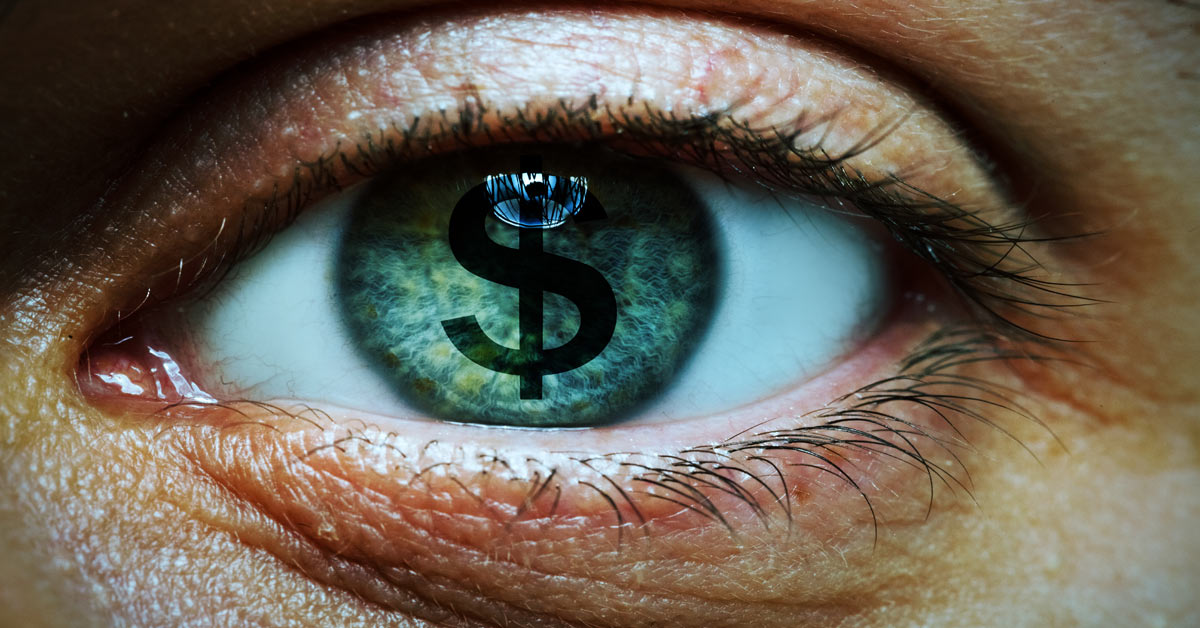
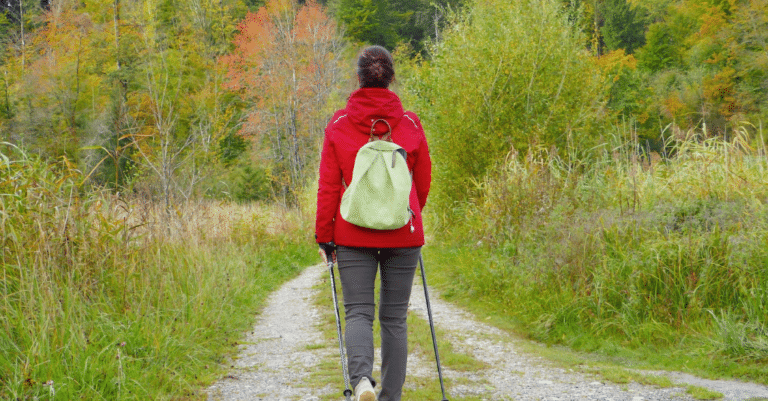
We all have a sense of how the body and mind affect each other.
For example, heartbreak can leave us with physical aches, and long-term low mood leaves us more vulnerable to illness.
However, we might also have innate self-healing superpowers that we can tap into in order to improve well-being.
Below, we'll look at how to develop this superpower. First, we'll unpack the basic idea of spiritual self-healing and how it works.
Then, we'll turn to four concrete things that you can do to facilitate self-healing in your own life.
We'll show you how to do all of these things effectively, using examples that help you to see when each technique is especially relevant.
Finally, we'll explore how practicing mindfulness can enrich your life.
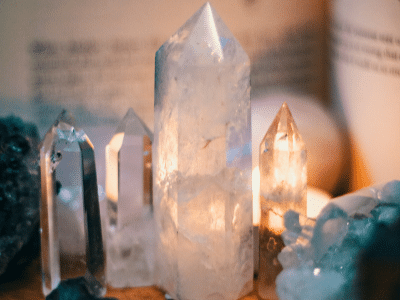
We already know how our bodies orchestrate physical healing, activating our immune systems or knitting our damaged tissue together after a cut.
Spiritual healing is not as complex as you might think. It simply refers to how we use our minds to encourage recovery.
This might be recovery from physical injuries or illnesses, or it might be recovery from poor mental health.
In either case, we can harness and direct energy toward a goal of healing.
As a result of focus, we can start to see a physical and emotional transformation.
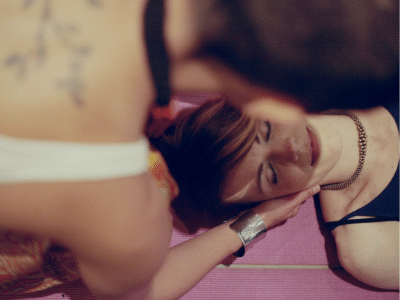
The power of the mind is enormous. As noted above, our minds respond to what's happening to our bodies, and our bodily sensations change in accordance with what's happening in our minds.
To get a sense of how spiritual healing can work, just think about how you can use physical coping strategies to reduce stress and anxiety.
For example, you might deliberately slow your breathing to get yourself out of a panicked state.
Similarly, you can use your mind to boost your physical well-being.
While positive thinking must be paired with direct action and proper healthcare, it can nevertheless be the key to a healthier body.
With the above in mind, let's now look at specific ways of healing yourself with your mind.
You can practice any of the following techniques at any time and with any healing goal in mind, but you will likely get the most from these suggestions if you try to make a habit of using more than one.
All these techniques cannot only help you to heal from physical and emotional distress, but they can also help to boost your resilience to future pain.
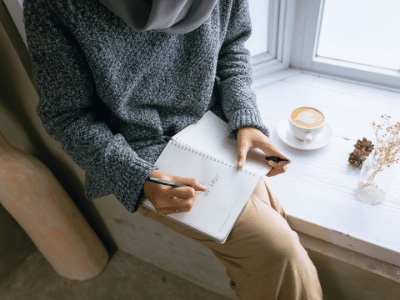
The Law of Attraction teaches us that by focusing on something we want, we have the power to manifest it in reality.
Your belief system, then, has a direct impact on what happens in your life – as well as how you feel. If you want to practice spiritual healing, try to expect that everything you're doing will help you feel better.
For example, you might have a daily affirmation that you recite in the mirror, telling yourself “I feel better and better every day.”
As well as harnessing the Law of Attraction, these types of habits make use of the placebo effect.
Specifically, research shows that if we expect the medication to help us with symptoms, we're likely to feel better after taking that medication – even if it's only a sugar pill.
So, whether you're going to physical therapy for an injury or practicing meditation for anxiety, remind yourself of all the reasons why you should expect it to work.
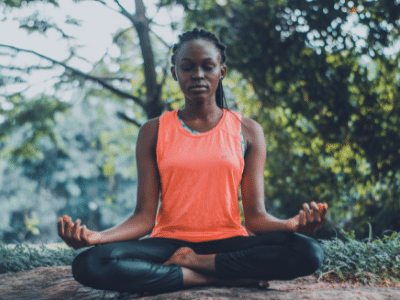
Mindfulness meditation is often recommended because of what it can do for your mental health, but there are good reasons to believe it can impact physical healing as well.
Studies on people who regularly meditate show that meditation can reduce the impact stress has on the body. It even appears to slow the speed at which cellular aging takes place.
No matter why you feel you need spiritual healing, meditation is a clear path to achieving it.
And guided meditations – where a recording guides you through a scene you travel through in your mind – may be especially good at combating stress.
As a bonus, mindfulness meditation's influence on cellular aging might translate to looking younger for longer, as well as affording you some protection from diseases associated with aging.
The younger you start, the more benefits you're likely to reap – but it's never too late to get some of the powerful, positive effects of meditation.
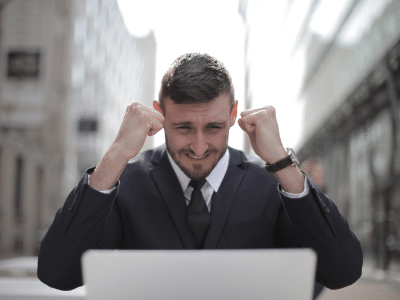
It's intuitive that having a sense of purpose makes your life happier and more satisfying. However, you may not realize that it can also have a direct impact on your physical health.
Research on people who have a clear purpose in life shows that such people tend to live longer.
In addition, people who described themselves as believing their lives were meaningful tended to be in better shape and suffer from fewer health problems.
If you don't already have a sense of purpose, make it your mission to find your purpose in life. This may be your job, but it doesn't have to be.
Your purpose can be linked with specific hobbies, volunteer work, your role in your family, or something else entirely.
And once you know what gives your life the most meaning, challenge yourself to carve out time for this thing (in some way) every single day.

We've all heard the saying “Laughter is the best medicine”, but this is now backed by science.
Specifically, studies on the impact of laughing show that if you engage with things you find funny, your body benefits in a whole host of ways.
Your stress hormone levels drop, you boost your level of ‘good' cholesterol, and inflammation is reduced. These changes impact your overall heart health, reducing your risk of heart attacks and strokes.
So, if you want to heal and improve your physical well-being, laughing is one of the fastest and most effective routes to doing so.
Further, laughter – just like exercise – prompts the release of endorphins. These “feel good” chemicals boost your mood, facilitating emotional healing.
And laughing with someone you care about brings you closer, which itself has a positive impact on your health. All the more reason to watch, read or think about something funny each day.
Finally, we noted above that guided meditation is one of the ways to practice self-healing.
However, any mindfulness practice can have a positive impact on your mind and body, so try to look for other ways to practice mindfulness as well.
This can be as simple as watching the ocean, focusing on a piece of music, or going for a walk and trying to find ten beautiful things.
The point is to find ways to live in the moment, which reliably reduces stress. After just a few days, you may already notice that your body feels more relaxed.
